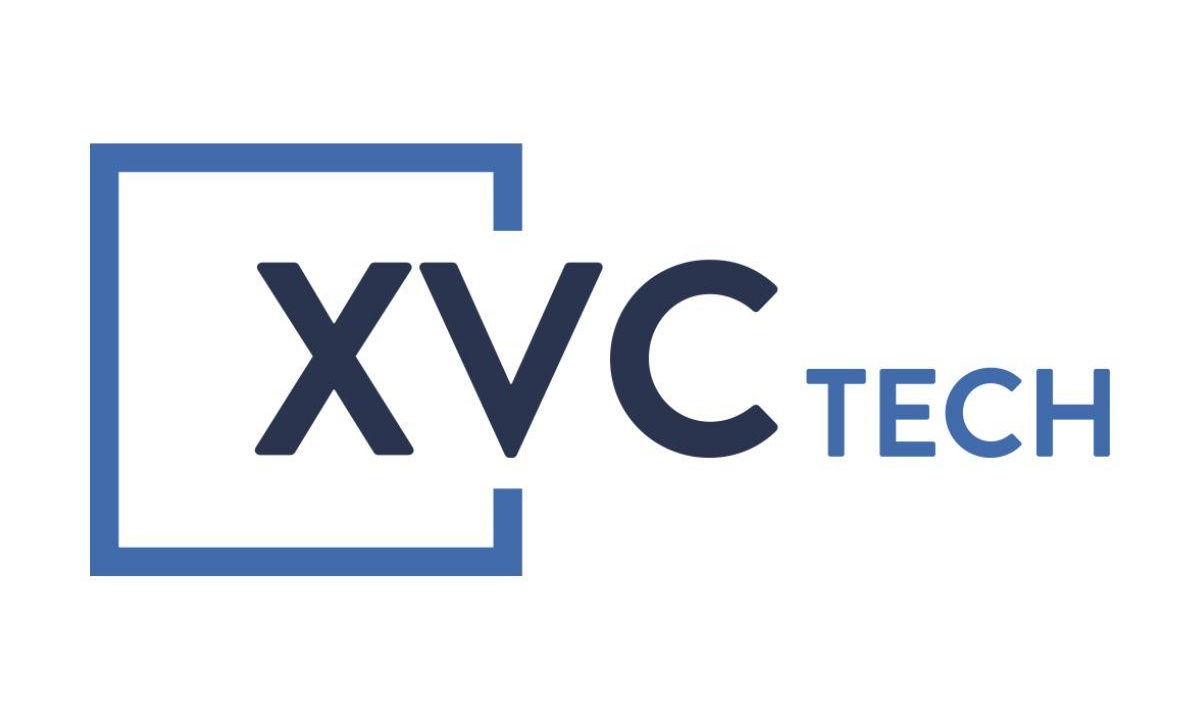Table of Contents
- A Big Announcement
- Prominent Banks To Participate
- International Collaboration Needed
- Most Central Banks Exploring CBDCs
The Reserve Bank of India (RBI) has announced it is set to launch a digital rupee pilot as early as the 1st of November. The bank had announced its digital rupee project back in February 2022.
According to the announcement, the RBI will launch the digital rupee for the wholesale segment, with a pilot for the retail version to launch within a month.
A Big Announcement
India’s central bank, the Reserve Bank of India (RBI) has announced that it is introducing a pilot wholesale Central Bank Digital Currency (CBDC) on the 1st of November. It also stated that a pilot for the retail version of the CBDC would begin within a month. The bank added that the wholesale CBDC would be used for the “settlement of secondary market transactions in government securities,” as it would significantly reduce transaction costs.
Prominent Banks To Participate
According to the announcement, nine prominent banks would participate in the pilot. These include India’s largest bank, the State Bank of India (SBIN), Bank of Baroda (BANKBARODA), Union Bank of India (UNIONBANK), HDFC Bank (HDFCBANK), ICICI Bank (ICICIBANK), Kotak Mahindra Bank (KOTAKBANK), Yes Bank (YESBANK), IDFC First Bank (IDFCFIRSTB), and HSBC (HSBA).
According to the RBI, the retail version of the pilot will launch in select locations and only to select groups consisting of merchants and customers. The central bank had also published a detailed concept note talking about the introduction of a central bank digital currency just last month.
International Collaboration Needed
At the beginning of 2022, Prime Minister Narendra Modi stressed on the need for global cooperation to help address the challenges posed by cryptocurrencies. The country’s finance minister, Nirmala Sitharaman, reiterated this view in a July address, stating that no legislation is possible without international collaboration. She also stated the RBI’s public stance against cryptocurrencies to parliament. The RBI has stated that it favors a complete ban on cryptocurrencies since they could potentially have a destabilizing effect on fiscal stability.
The finance minister added that she would look to arrive at a framework after discussions with G-20 members and institutions based on their studies and research. The minister stated,
“We would definitely want to collate all this and do a bit of study and then bring it on to the table of the G-20 so that members can discuss it and hopefully arrive at a framework or SOP (standard operating procedure) so that globally, countries can have a technology-driven regulatory framework.”
India is set to play a critical role in the framing of global crypto regulations as it takes over the G-20 Group Presidency for a year beginning from the 1st of December 2022 to the 30th of November 2023. The country’s finance minister has stated that crypto will be a significant part of the agenda during the country’s presidency.
Most Central Banks Exploring CBDCs
Most central banks around the world have been exploring CBDCs since early 2021. In more recent developments, the Bank of Australia announced that it is starting a CBDC research project, with plans in place to complete it by mid-2023. The central banks of Norway, Sweden, and Israel announced a partnership to explore the development of a retail CBDC.
The Bank of International Settlements had also recently conducted a project with the central banks of several countries, including Thailand, Hong Kong, China, and the United Arab Emirates. The project’s goal was to study CDBCs and their potential role in cross-border payments and multi-CBDC transactions. The pilot ran for six weeks and saw over 20 commercial banks process 160 payments worth around $22 million.
Disclaimer: This article is provided for informational purposes only. It is not offered or intended to be used as legal, tax, investment, financial, or other advice.
Investment Disclaimer










